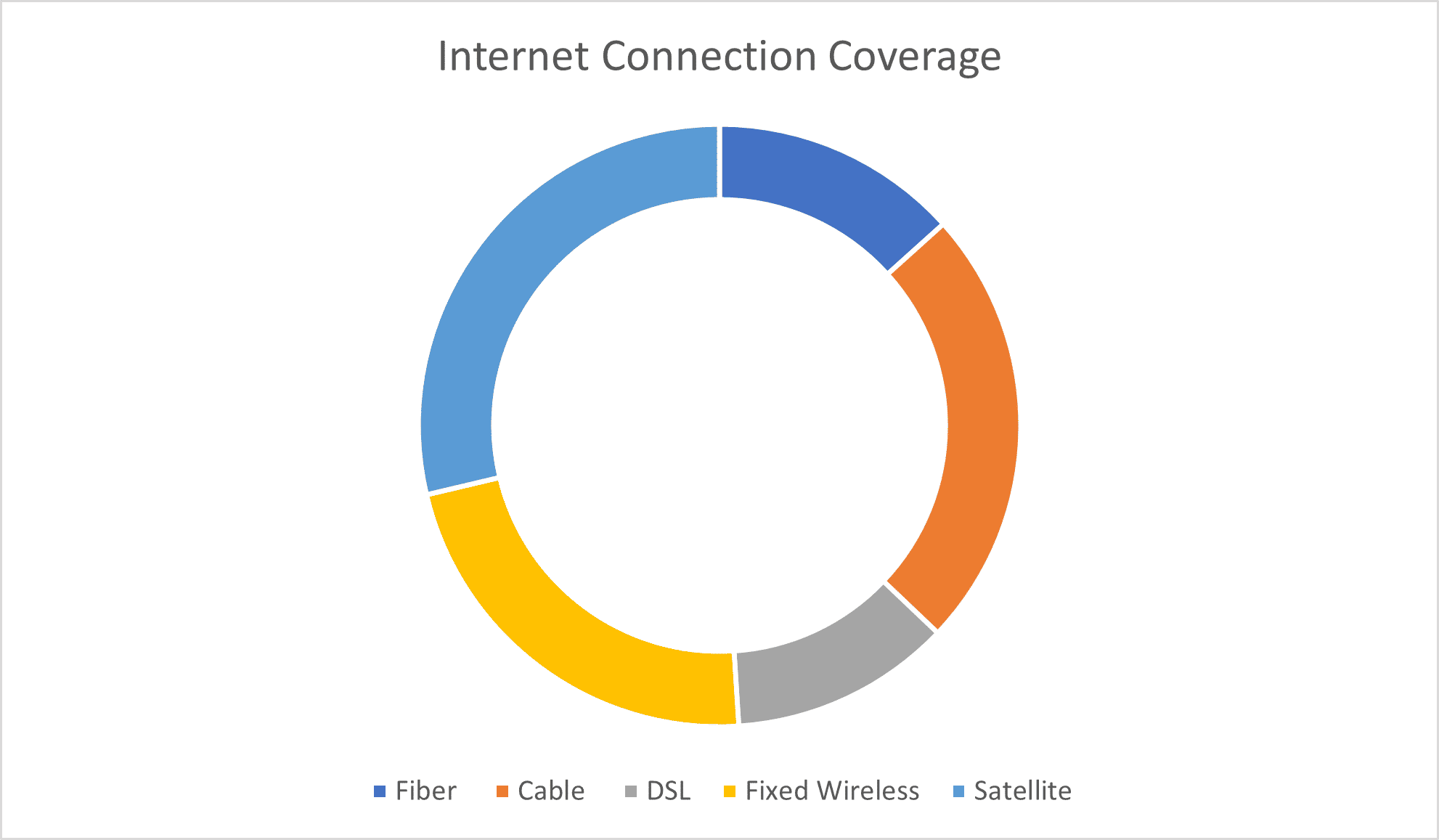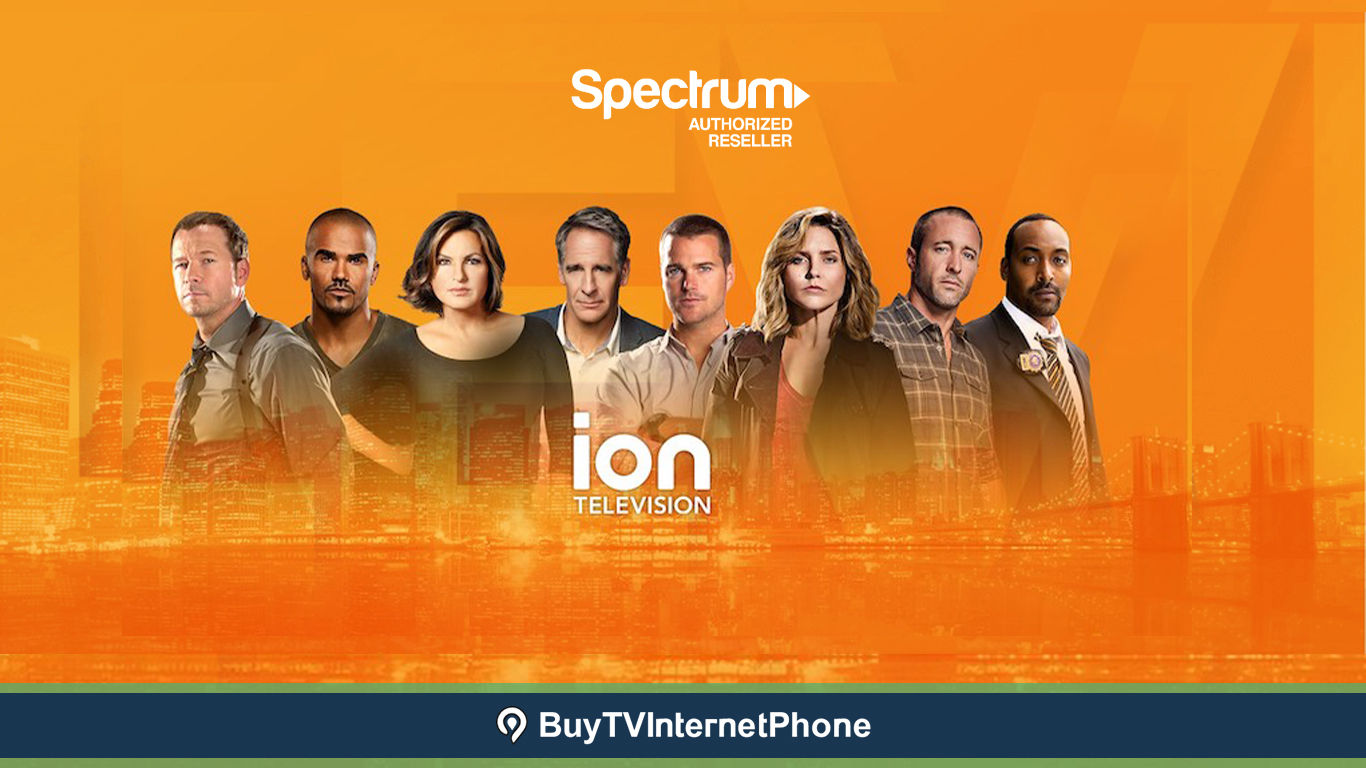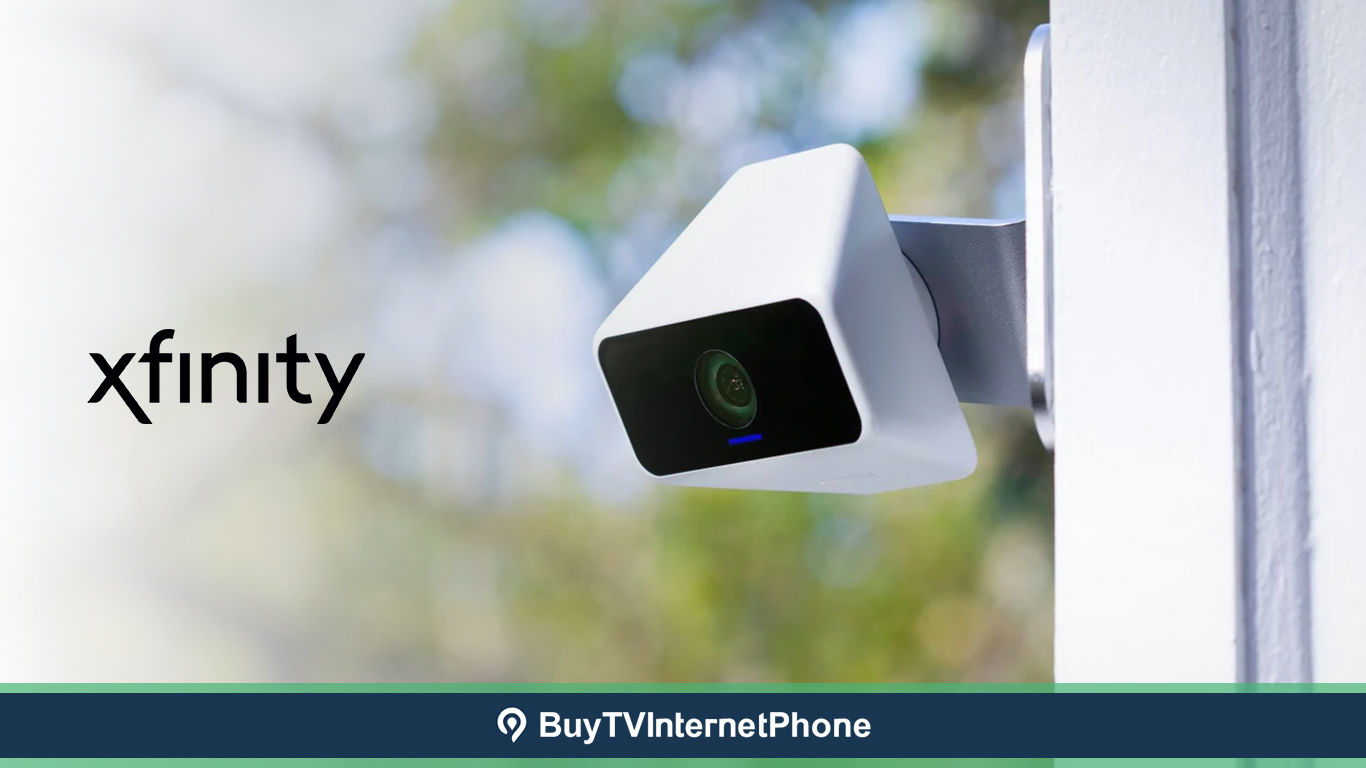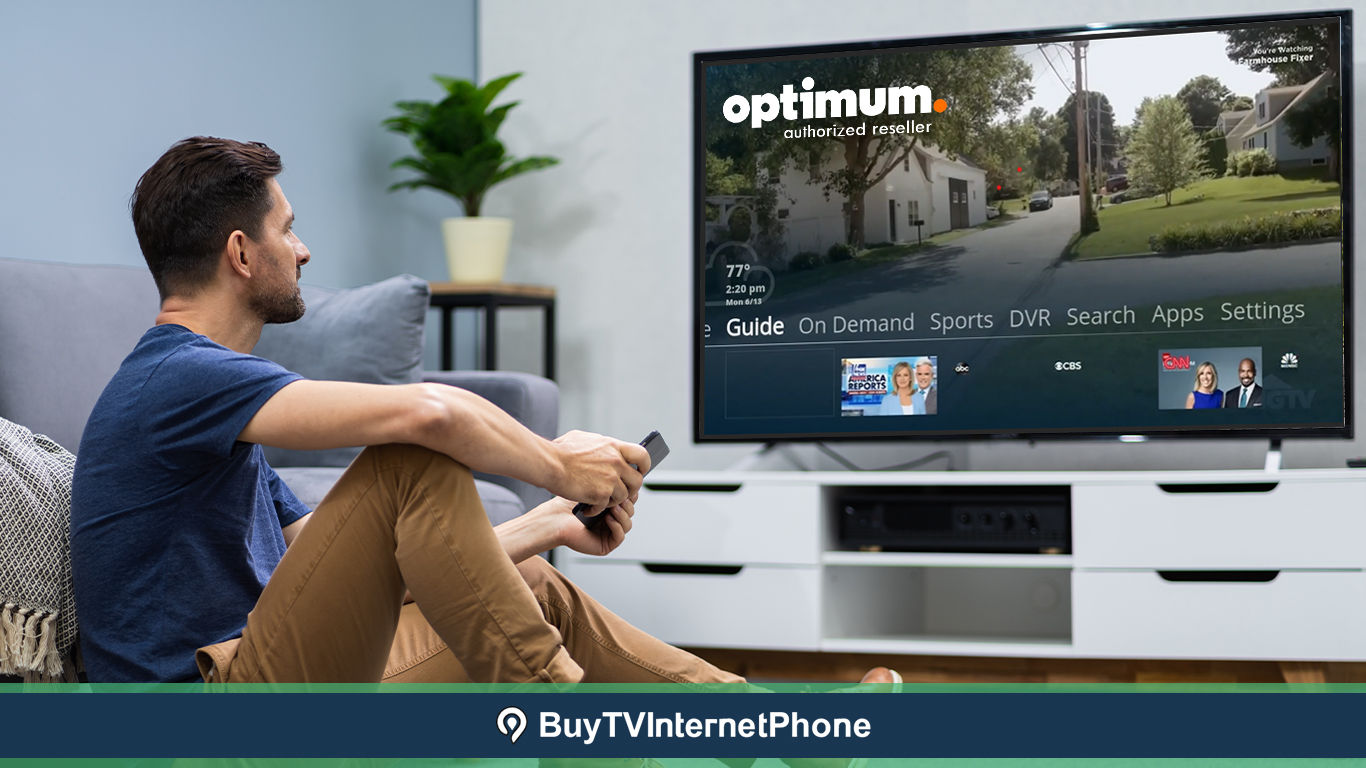Our internet needs are diverse and interesting connections exist for varied usage. This is why finding a connection type that fits your unique criteria is essential. Don’t know how to do that? We have a perfect guide to teach you all about common connection types. Let’s dive in!
Why Finding the Right Internet Type Matters
A wrong connection type can cost you time, money, and brain cells. Here are two common cases where users do not have the right internet:
Case
- A 100Mbps DSL plan for five people who use it for work, gaming, streaming, and more.
- A senior citizen has a 2Gbps plan and only uses it to text or video call her children.
Issue
- Too little speed for too many needs. It can make everyone’s experience bad.
- Too hefty of a plan for basic usage. It’s expensive and overconsuming.
Solution
- Switching to a higher speed with good coverage and bandwidth.
- Choosing an affordable and simpler plan with limited features.
In both scenarios, the issue could have been avoided with a simple requirement analysis. If you don’t already have one, our experts suggest some metrics.
How to Assess Your Type
According to the latest FCC broadband requirements, every ISP must offer at least 100Mbps download and 20Mbps upload speed. Keeping this threshold in mind, you can continue defining further usage requirements, like:
- Price: Budget comes first and you can find a good plan without over-spending
- Speed: This depends on the number of users, devices, and visual-intensive activities
- Availability: Find out which ISPs are ruling your area and if they fit your standards
- Data Caps and Contracts: Jackpot if you can find unlimited data with contract-free plans
- Additional Charges: Price increases, taxes, overage fees, ETF, and similar charges
These five points should be your holy grail; what comes after can be subjective. However, if you’re buying internet for the first time, quick and helpful guide will be more relevant.
Popular Internet Connections and When to Get Them
| Internet Type | How it Works | Pros | Cons | Popular ISPs |
|---|---|---|---|---|
| Satellite | Data is transmitted via satellites orbiting the Earth to the installed dish. |
|
|
Viasat, Hughesnet, Starlink |
| Cable | Coaxial connection with modems for dedicated internet signals. |
|
|
Mediacom, Cox, Spectrum |
| Fiber | Advanced fiber optic cables using light to deliver bandwidth and performance. |
|
|
AT&T, Optimum, Verizon Fios |
| DSL | Splits data and phone lines from the same connection to cover both. |
|
|
Ziplyfiber, Frontier |
| Fixed Wireless | Acts as a connection between 4G/5G towers and FWA home networks. |
|
|
T-Mobile, Rise Broadband, Starry |
| 5G/Mobile | 5G tower connects with a fixed receiver inside your home to spread signals. |
|
|
Xfinity, AT&T Internet Air, Verizon 5G |
FCC Broadband Map – Connection Types

Source: FCC Broadband Map
Satellite, Cable, and Fixed Wireless are the top three most accessible internet connection types in the US. On the other end, we see Fiber and DSL being popular but still struggling to meet public demand.
So, Which One is the Best?
As we mentioned, there are many great options out there, and choosing one can become overwhelming. So, let’s make it easier by discussing the best traits:
Satellite
- Covers more than 99% of the US; both urban and rural
- Highly unlikely to be interrupted by weather conditions
- Effectively supports browsing, streaming, and remote work
Find the best Satellite Internet plans here!
Cable
- The installation process isn’t very complicated
- Affordable internet plans and packages
- Diverse bundling opportunities for a full-fledged digital experience
Find the best Cable Internet plans here!
Fiber
- Futuristic and weatherproof technology
- Capable of handling multiple users
- Diverse bundling opportunities for a full-fledged digital experience
Find the best Fiber Internet plans here!
DSL
- Price and speed consistency make it a reliable option
- Your existing phone line can be turned into DSL wiring
- Steady and simple, can handle both your calls and connectivity
Find the best DSL Internet plans here!
Fixed Wireless
- Great for small businesses, enterprises, and big families with committed usage
- Low latency and great speeds enhance user experience
- Easy to deploy/install and flexible to manage
Find the best Fixed Wireless Internet plans here!
5G/Mobile
- Instant connectivity that is nearly immune to interference
- It is said to be 100x faster than 4G technology
- Applicable in many avenues of our society and has a low physical footprint
Find the best 5G Internet plans here!
Choosing your internet provider is no easy feat, but it becomes easier with a clear type and desired activities in mind. We hope this guide made things smooth and navigable. In case of further assistance contact our customer support or visit our website.
FAQs
Depends on what you consider ‘best’ because in terms of speed, bandwidth, and latency, Fiber Internet is truly excellent. If you want affordability, Cable internet is more your type and if you want boundless availability, Satellite is a considerable choice.
Here are five questions to ask yourself when looking for an internet connection:
- Is it affordable or not?
- Can it support all the users simultaneously?
- Is it available near you?
- Does it have any data caps, contracts, or extra fees?
- What’s the overall reputation or rating?
If all the answers or at least 90% of the answers are in your favor, choose the relevant service.
Yes, it is a good speed and fulfills the FCC broadband requirements as well. Here’s what you can do with a 100 Mbps internet plan:
- 4k streaming
- Intensive gaming
- files
- Study online
- Work remotely
On This Page

Need Help?
Let's find Internet services available in your area






Robert is a dedicated and knowledgeable author, an SEO expert with a passion for all things tech. He has a keen eye for detail, allowing him to write interesting blogs that are informative and engaging for readers. He has extensive knowledge of internet, TV, and phone pricing and plans, and has created numerous how-to guides to help users make informed decisions. As a tech geek and TV buff, he is always up-to-date on the latest trends and developments in the industry, making his content always fresh and relevant.
Robert